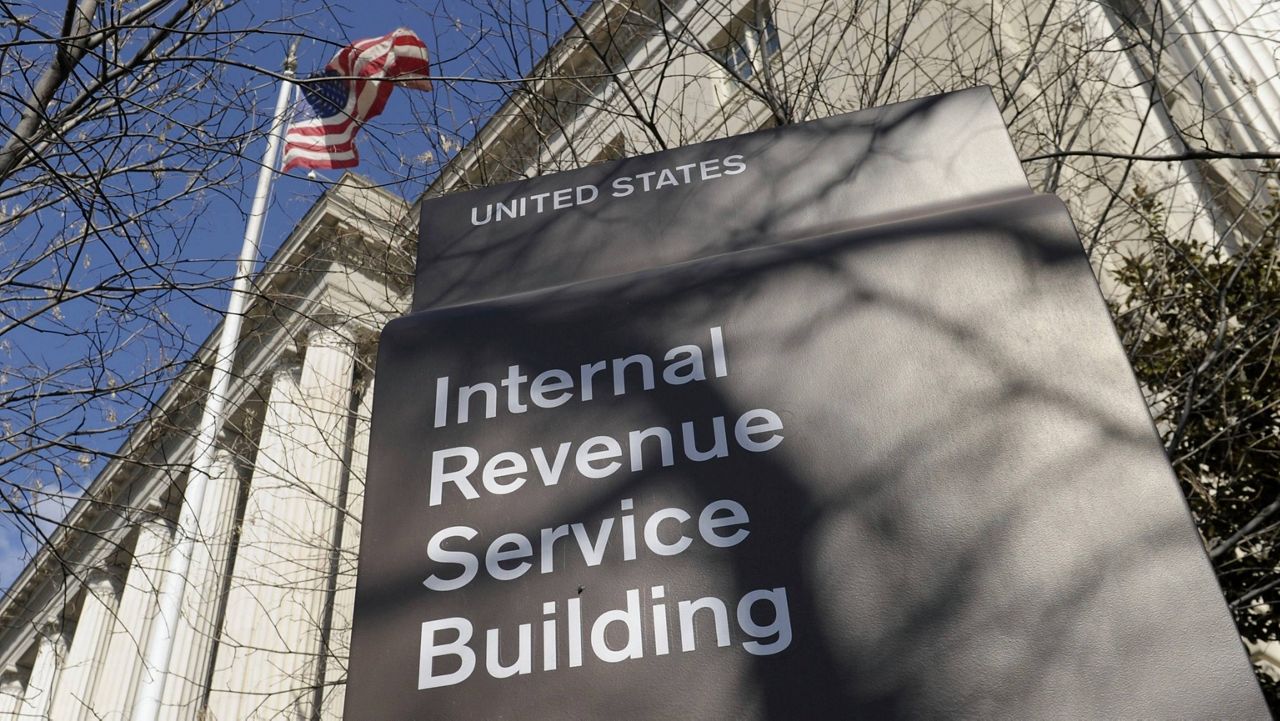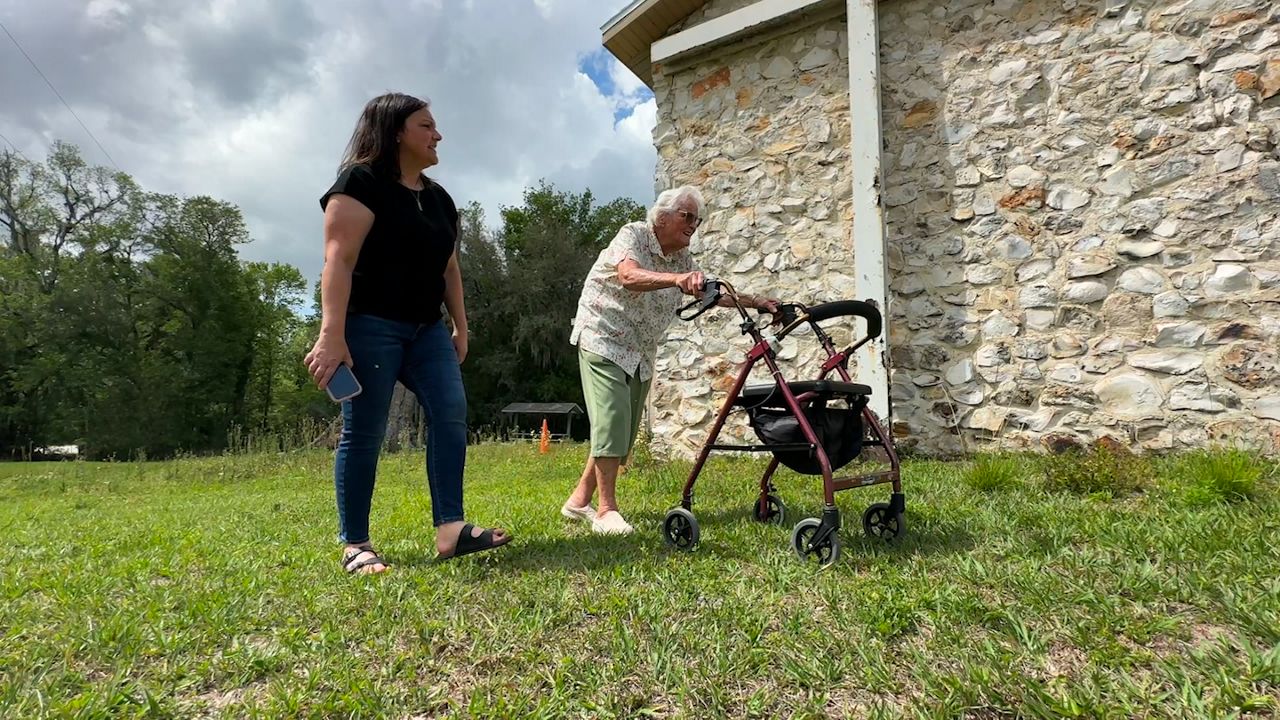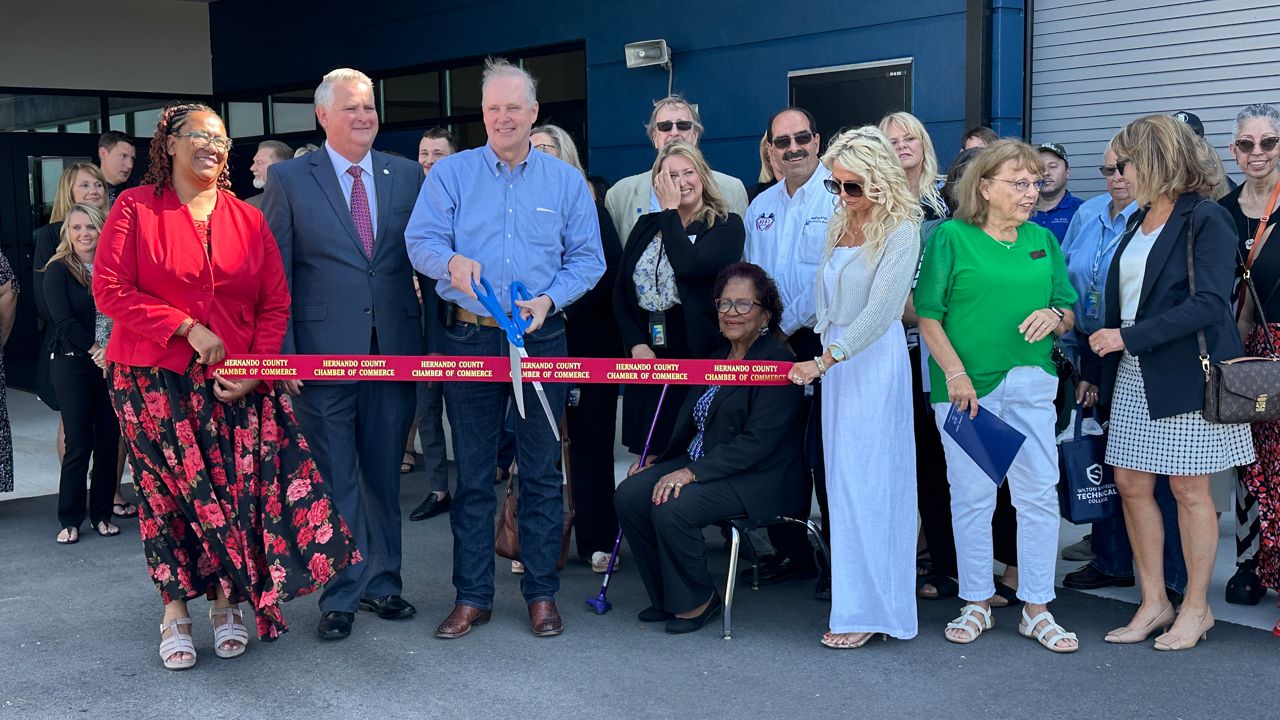HERNANDO CO., Fla. — Diabetes is on the rise in the State of Florida.
According to a new report from the Centers for Disease Control and Prevention, the State of Florida is outpacing the national average of Americans being diagnosed with diabetes. The American Diabetes Association says about 11.6% of Floridians had diabetes compared to the national average of 9.4%.
A little more than 37 million Americans are living with diabetes, 96 million American adults are living with prediabetes and about 1 in 5 people with diabetes are unaware they have it.
But the perception of the disease has changed throughout the years thanks to research and technology. A perception the Juvenile Diabetes Research Foundation is looking to change.
“You can use a censor that continuously detects glucose levels,” says Anastasia Albanese-O’Neill, Associate Vice President of Type 1 Diabetes Education at JDRF. “It uses some very fancy mathematics or an algorithm to communicate with an insulin pump, which can then adjust insulin doses. It’s not completely hands free, but it’s significantly better than what we had even five to seven years. So people are living longer, healthier lives.”
Those diagnosed with diabetes have more than twice the average medical costs. Diagnosed diabetes costs about $25-billion in Florida each year, about $327-billion in medical costs and lost work and wages nationally.
It’s a disease that has had a great impact on one Hernando County family.
“On a daily basis, it affects pretty much every aspect of my life,” said Michael Deeg, who’s dealt with the disease nearly his entire life.
He was just three-years-old when he was diagnosed with type 1 diabetes.
“I had passed out and got rushed to the hospital and my sugar was 1600,” says Michael. “I was very sick and that’s when I got diagnosed.”
And he’s not the only one in his household to have diabetes. Three of his four daughters — Savannah, Elly and Hailey — also have the condition.
“It’s very emotional sometimes because you have to be monitoring quite a lot of things,” said Carolina Deeg, Savannah, Elly, Hailey and McKayla’s mom. “You have to be on the lookout for everything- there’s always a risk of very low blood sugars or very high blood sugar. You always have to have very good management.”
And that management includes monitoring blood sugar levels. Michael checks his levels about four times a day.
“First you want to get your alcohol swabs and make sure everything is sterile,” he says.
And with a simple finger prick, he can see his blood sugar level. Sometimes yielding different results than he’d hoped for.
“If your sugar is high, like it just was, I’m going to give myself a little bit of insulin for that,” said Michael. “That way the insulin will combat the high sugar.”
Being diagnosed with diabetes has gotten the family closer to others like them. Joining groups like Juvenile Diabetes Research Foundation and sharing their personal stories. Daughter Savannah was chosen to travel to Washington D.C. Speaking with U.S. Senate staff members.
“We all spoke to them about the SDP program- the special diabetes program- and the Insulin Act,” said Savannah. “So we spoke about those and having those enacted again.”
It’s a focused fight to raise awareness, but it also reminds them what they are thankful for.
“There are so many resources now and staying positive,” says Carolina. “Even when things are hard, just believing that they’ll get through it.”
It’s a daily battle the family faces together.
“It’s not the same when I was younger,” said Michael. “It doesn’t have to be like that and that’s encouraging.”
Giving this family a sense of purpose and fulfillment in the long run.









